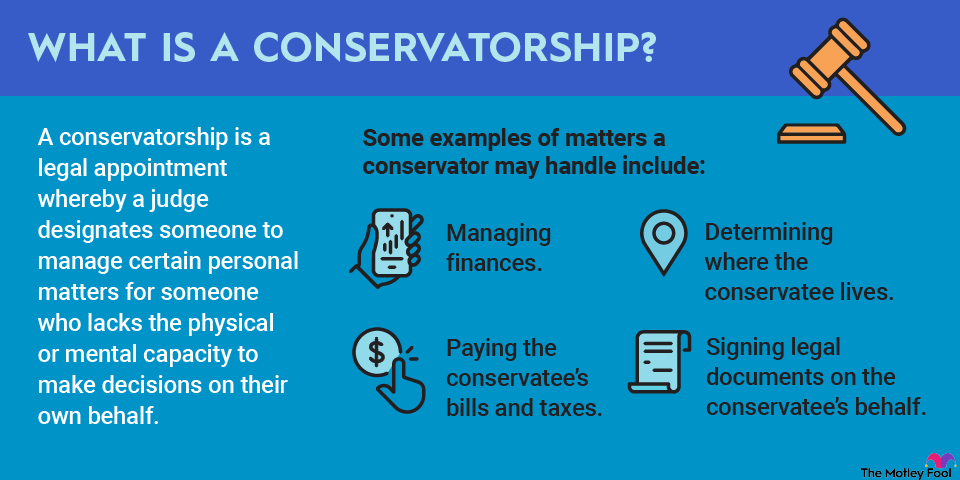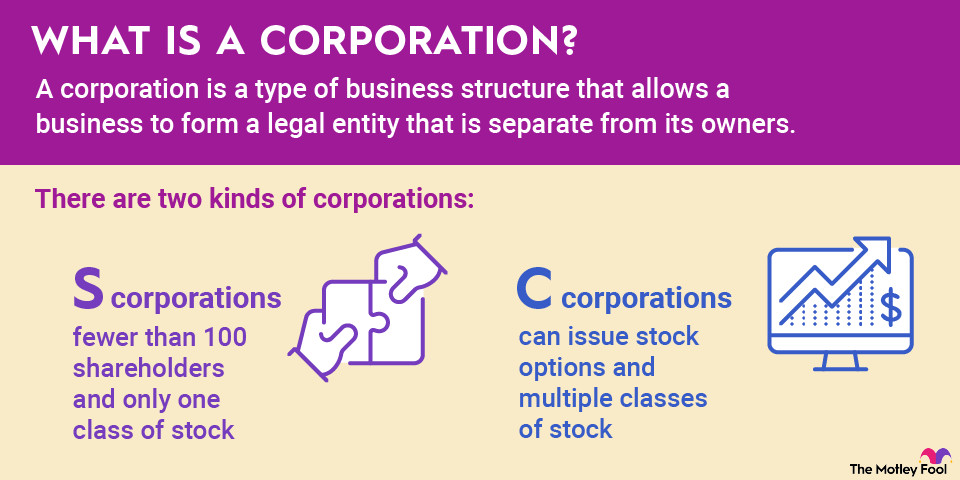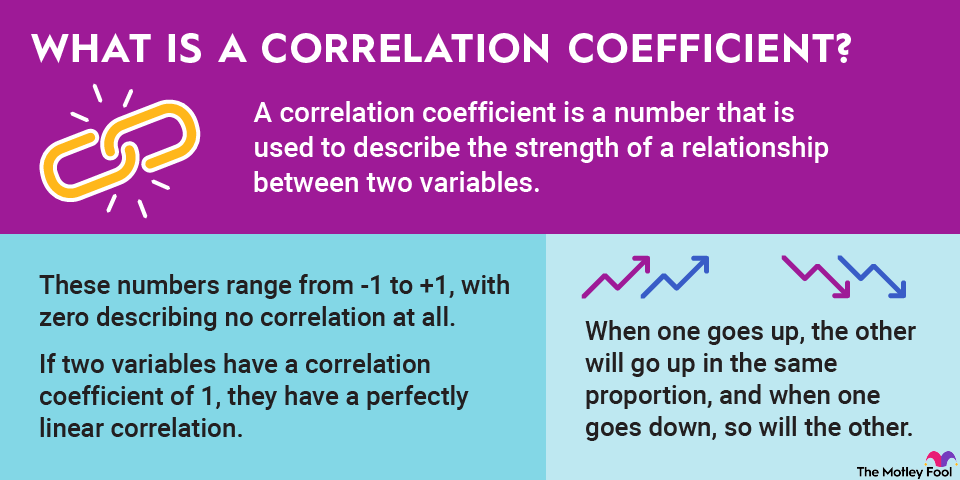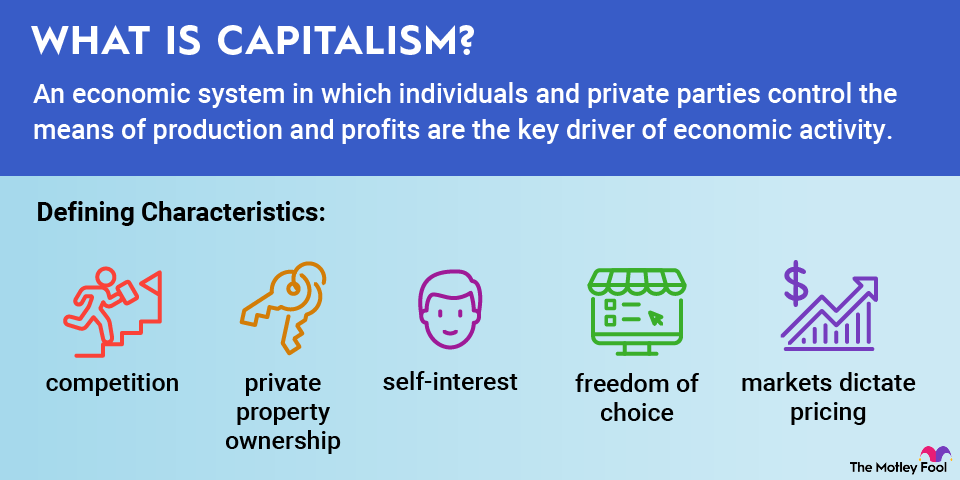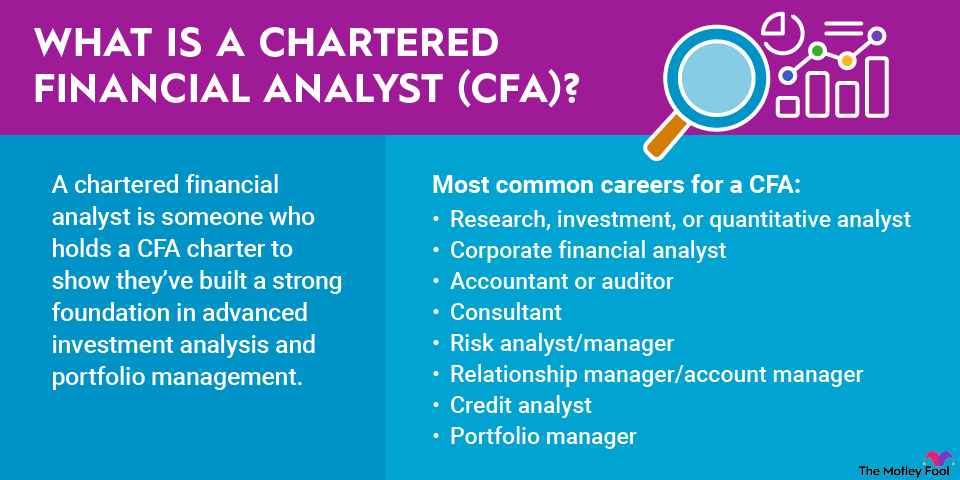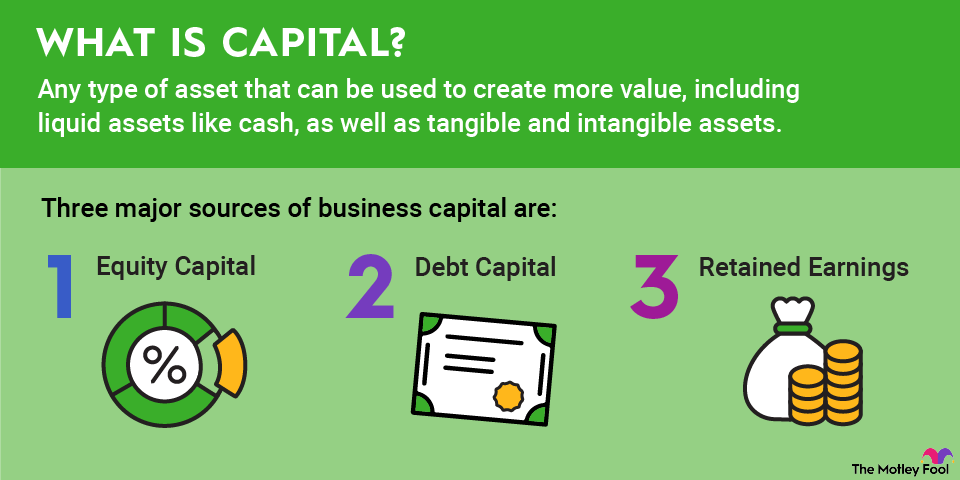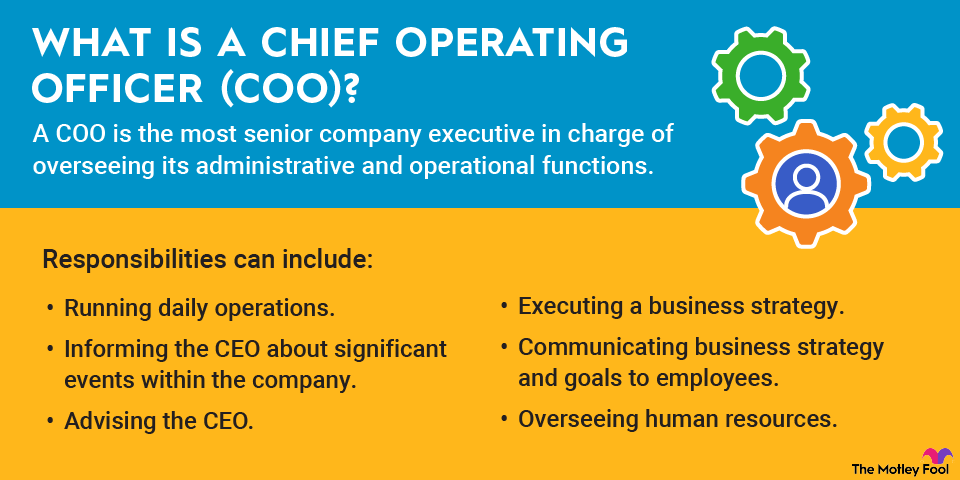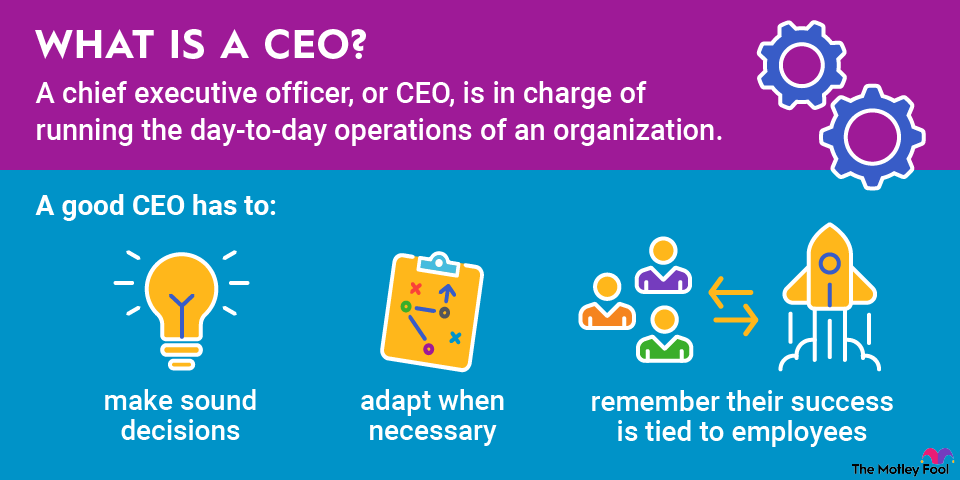Having a brokerage account gives you lots of opportunities to invest in established companies you believe in and startups with huge potential, but they can also allow you to do the same for others. If you have ever considered investing on someone else’s behalf, a custodial account could be right for you.

What is a custodial account?
Technically speaking, a custodial account is a financial account maintained by someone for another party’s benefit. This could be an employer-based retirement account, but the terminology is more commonly applied to accounts created on behalf of minors. In these situations, an adult opens an account for a minor and acts as their fiduciary, a person legally and ethically bound to act in their best interest.
Anyone can open a custodial account on behalf of a child, but there are benefits to doing so if the child is directly related to you. Parents and grandparents both are the most obvious choices since they can use the accounts to stash gift money away for later and get tax benefits in the process. Family friends, distant relatives, or even really great neighbors can also open custodial accounts.
How do custodial accounts work?
A custodial account is just like any other brokerage account, with a couple of small differences. Instead of the child on whose behalf it was established being in control of the investments made, you (or the designated custodian) are in control. That means you get to decide where money is allocated and when to buy or sell.
Also, there may be limits on the types of assets able to be held in a custodial account, depending on the type. Uniform Transfers to Minors Act (UTMA) accounts can hold almost any sort of assets, from real estate and intellectual property to the more basic stocks, bonds, insurance policies, and so forth. Uniform Gift to Minors Act (UGMA) accounts, on the other hand, are limited to cash, securities, annuities, and insurance policies.
Pros and cons of a custodial account
Custodial accounts are often used in place of other savings plans for children, especially college savings accounts. Unlike college savings accounts, custodial accounts allow for a great deal more flexibility. There are no contribution limits or regular distribution requirements and no distribution penalties.
They can also provide tax advantages if the child who is the owner of the account is your own. Since the money in the custodial account is considered to belong to the child, earnings are taxed at the tax rate that would apply to the child, not to you and your spouse. If your child is earning just a small sum, no tax at all may be assessed, or it may be assessed at a very low rate, allowing you to essentially defer some tax on realized income for your household. The federal gift tax rules also apply to custodial account distributions.
Keep in mind that deposits you make into a custodial account are irrevocable, and all of the money in the account passes to your child when they reach the age specified by state law, generally 18 or 21. You will never be able to change the beneficiary, either, once the account is established.
Related investing topics
Educational considerations for custodial accounts
Many parents establish custodial accounts as a way to save for college, hoping they can out-earn a traditional 529 college plan’s growth rate by investing carefully in great stocks and other assets. It’s a nice thought, and certainly works out for some people. Be aware, though, that there is a downside to having a custodial account if your child is college-bound.
529 Plan
Unlike a 529 college plan, holdings in a custodial account can affect your child’s eligibility for student aid. If they have enough in their account that this doesn’t matter, that’s great. But it’s important to consider if you were hoping for some form of financial assistance, since financial aid departments consider the child’s assets, which their custodial account is, in the calculation.
